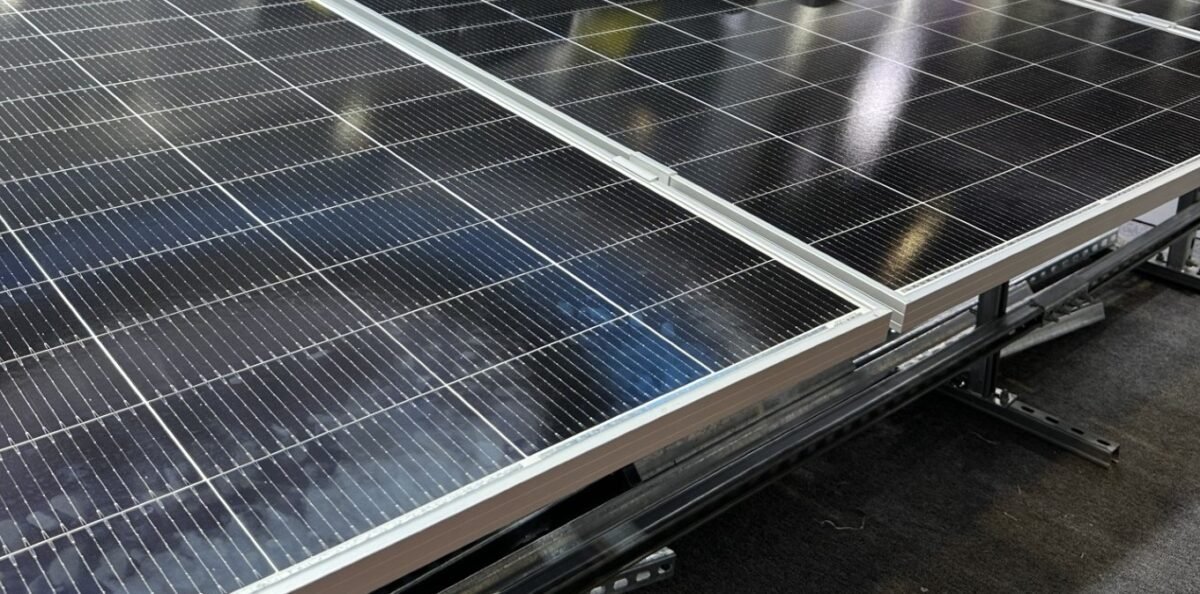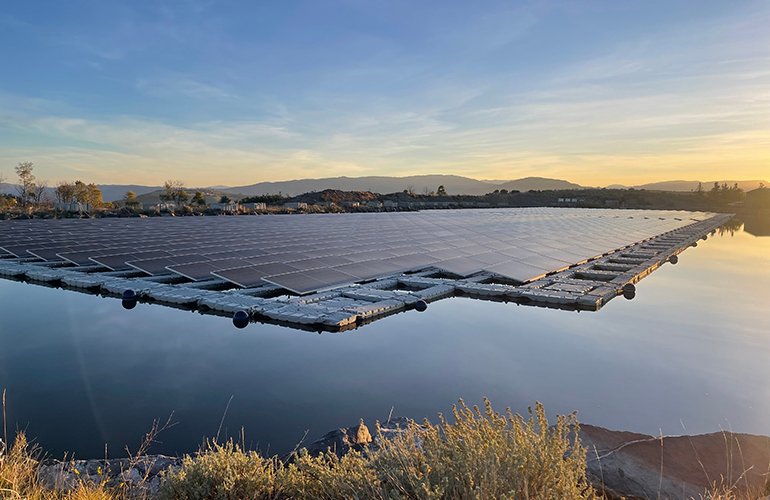MNRE Mandates Secure Inverter Standards for PM Surya Ghar Rooftop Solar Scheme
India’s solar sector has received a major cybersecurity upgrade with the MNRE enforcing new secure inverter standards under the PM Surya Ghar scheme. These regulations prioritize grid stability and data protection alongside power efficiency.
Secure Connectivity Becomes Mandatory for Grid Integration
The MNRE directive, issued on July 21, 2025, now requires all rooftop solar inverters to comply with advanced security protocols. This move aligns with global trends toward cyber-secure renewable energy infrastructure, similar to recent European grid protection measures. Companies like Sungrow are already leading the way in smart home energy storage solutions with a focus on safety.
Benefits of Secure Inverters for Solar Systems
Modern secure inverters function as intelligent gatekeepers, offering:
- Real-time cyber threat detection
- Physical tamper resistance
- Encrypted data transmission
These features mirror the advanced protection found in commercial solar projects, such as the Waaree Radiance all-in-one solar kit, designed to simplify solar adoption for homes and businesses.
Grid Management vs. Consumer Privacy: Finding the Balance
The new standards require inverters to transmit operational data to DISCOMs for improved grid management. While MNRE promises anonymized data aggregation, concerns remain about potential privacy implications similar to smart meter controversies in other markets.
Manufacturer Certification Challenges
The certification process is creating bottlenecks in the supply chain, potentially favoring established players with existing compliance infrastructure. This mirrors challenges seen in India’s solar manufacturing boom, where supply chain issues impacted smaller players.
Rooftop Revolution with Smart Regulations
While adding compliance requirements, these standards follow successful international models. Germany’s 2023 regulations achieved a 17% reduction in grid failures. The PM Surya Ghar scheme now combines financial incentives with intelligent infrastructure safeguards, paving the way for sustainable industrial rooftop solar savings.
All installations must comply by Q1 2026, creating an urgent need for system upgrades. This transition coincides with growing interest from cybersecurity firms specializing in IoT solutions for renewable energy systems, underscoring the importance of ETSI EN 303 645 compliance in solar security.






